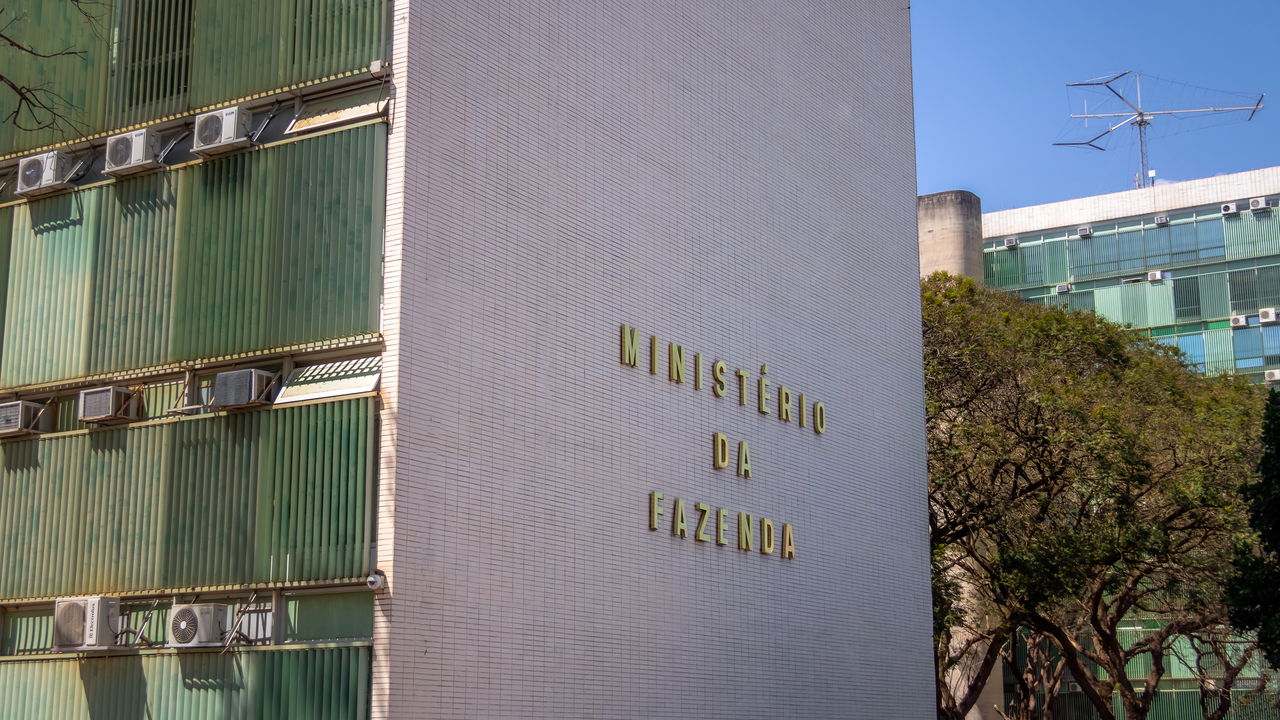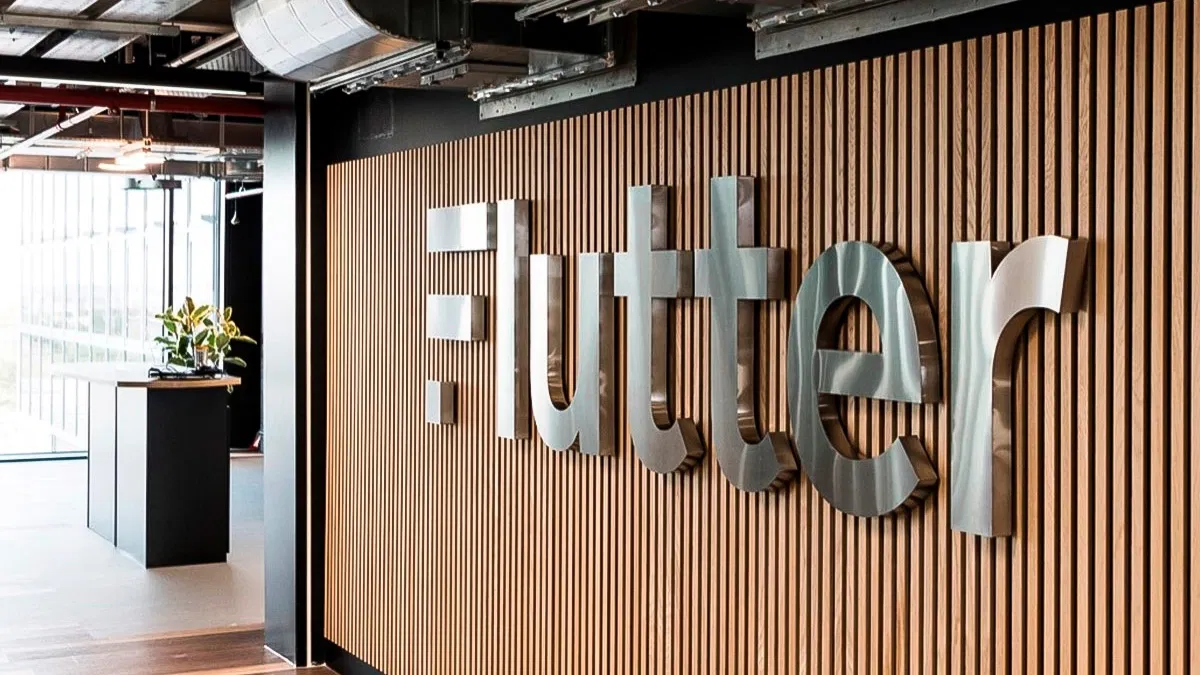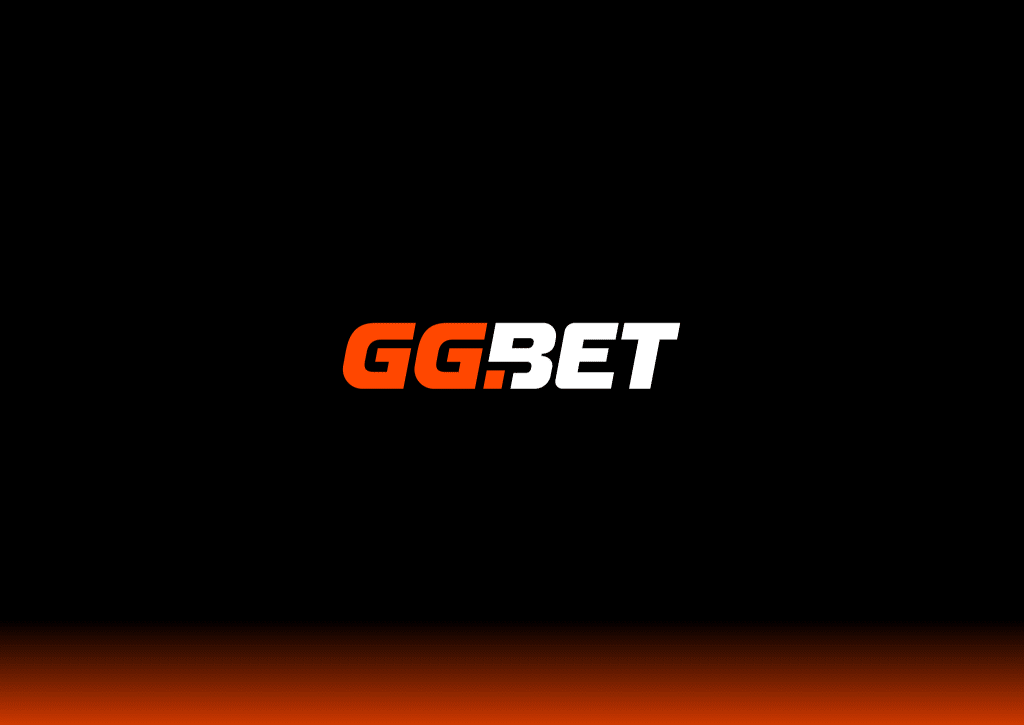The Brazilian government is exploring new revenue sources after political opposition to a proposed increase in the Tax on Financial Transactions (IOF). One option under serious consideration is to raise taxes on the country’s online betting platforms.
The Ministry of Finance estimates it would collect about R$1.67 billion monthly from betting operators to reach the R$20 billion annual target initially expected from the IOF hike. This amount represents 77% of the sector’s current reported monthly revenue.
Recent figures show betting platforms earn an average of R$2.16 billion monthly, aligning with Central Bank data indicating Brazilians wager around R$30 billion per month. Operators retain only 7% of the total, with most winnings returned to users.
Industry Pushback Over Tax Hike Plan
Betting brands already contribute a large share of their income in taxes and fees. Currently, the total tax burden stands at around 42% of declared revenue, so the proposal to raise it has sparked strong objections from within the industry.
The National Association of Games and Lotteries labelled the idea economically unsound and warned that this could weaken the sector. The group supports the current model, viewing it as efficient and socially valuable. Ricardo Alban, president of the National Confederation of Industry, has suggested taxing digital companies more heavily instead of burdening traditional industries. However, no clear framework has been presented.
How Betting Is Taxed Today
Under Brazil’s betting laws, online winnings are taxed at 15%. But traditional lotteries such as Mega-Sena face a higher rate of 30%. A proposed exemption for prizes below R$2,112 was recently vetoed by President Luiz Inácio Lula da Silva.
Betting companies also pay several business taxes, including ISS, PIS, Cofins, and corporate income tax. In addition, 12% of their gross revenue is contributed to the National Treasury, aside from paying monthly regulatory fees. Between February and May, the sector transferred an average of R$259 million per month to public accounts. The Ministry of Tourism received the largest share, collecting up to R$75 million in May alone.
Fears of a Shift to the Black Market
The Brazilian Institute for Responsible Gaming has warned that pushing legal operators to pay more may backfire. Higher taxes could drive users toward illegal platforms that don’t pay taxes or comply with regulations. Estimates suggest over half of Brazil’s online betting activity still takes place through unlicensed operators, amounting to over R$30 billion in untaxed bets each year.
As the government weighs its next move, it must balance between raising revenue with keeping the legal betting market competitive.

 Companies
Companies 





